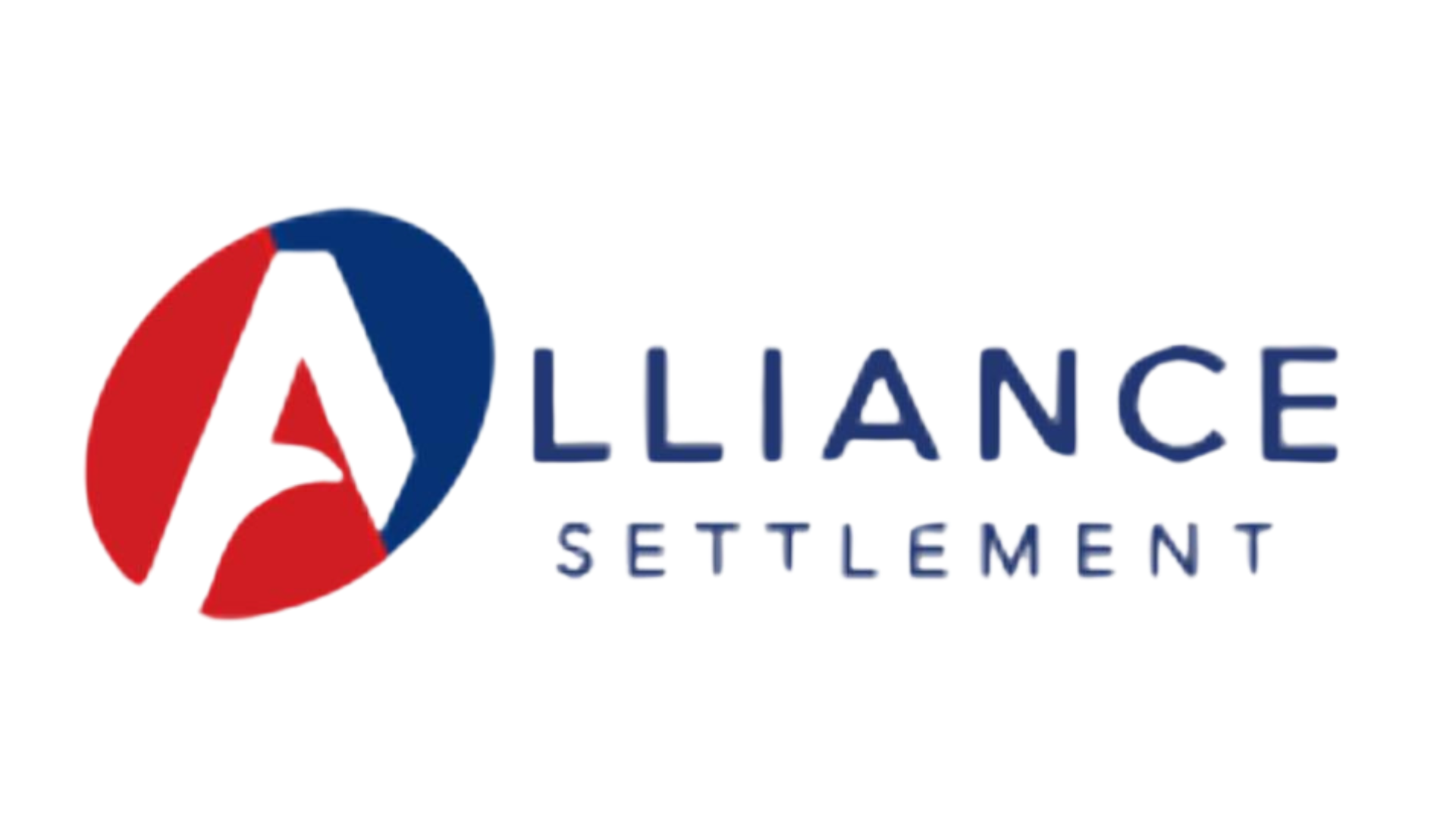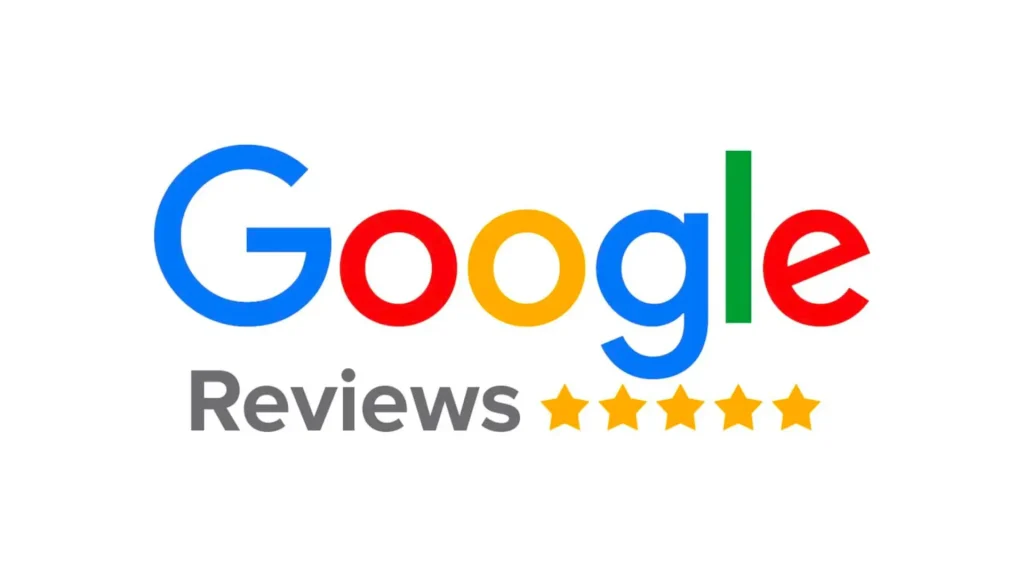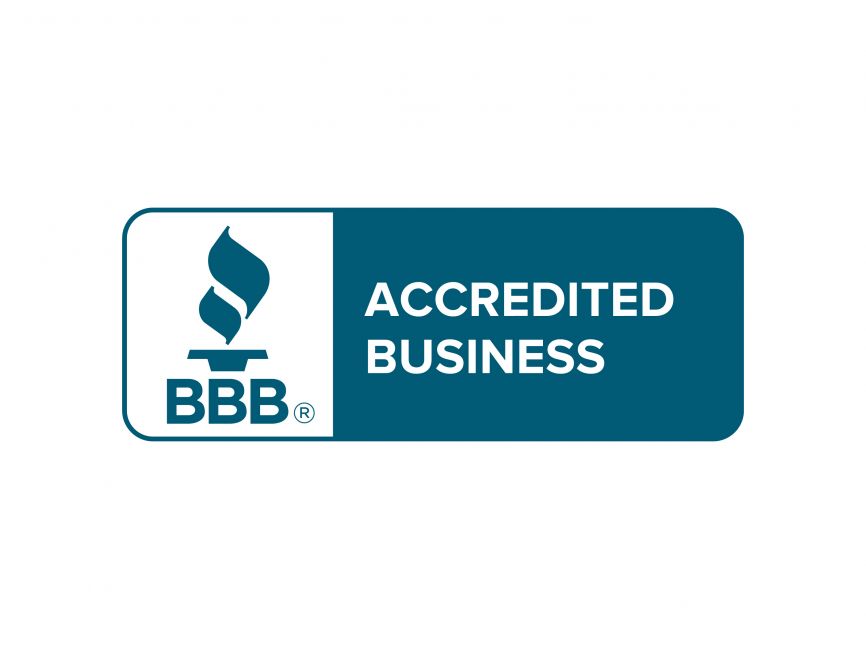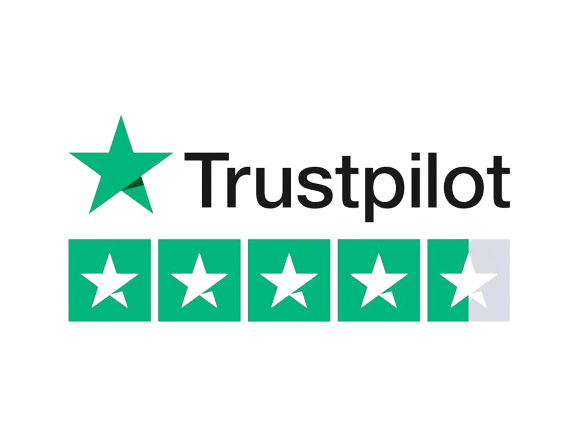Living with debt isn't just a financial issue. It’s an emotional one too. When bills pile up and calls from collectors keep coming, the stress can take a serious toll on your well-being.
Does any of this sound familiar?
- You feel anxious every time you check your bank account
- You avoid opening mail because you're afraid of another bill
- Your sleep or relationships are affected by constant money worries
These are all signs that your debt is impacting your mental health. And you're not alone. Many people face this every day.
How does debt affect your mental health?
- Increased anxiety and depression
- Low self-esteem or feelings of failure
- Constant stress that can lead to burnout
Ignoring the problem won’t make it go away. But taking action can help restore your peace of mind and confidence.
So what can you do today?
- Talk to a debt expert who can help you build a plan
- Understand your options. You might qualify for a hardship program
- Take the first step toward control instead of feeling stuck
You deserve to feel calm and confident about your future. Let us help you get there.










